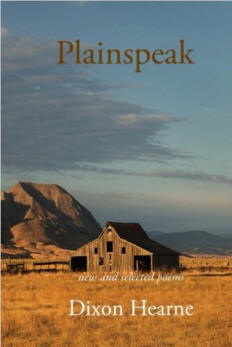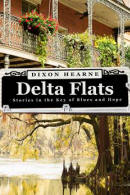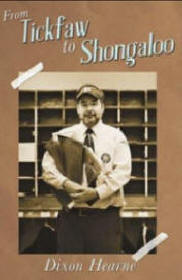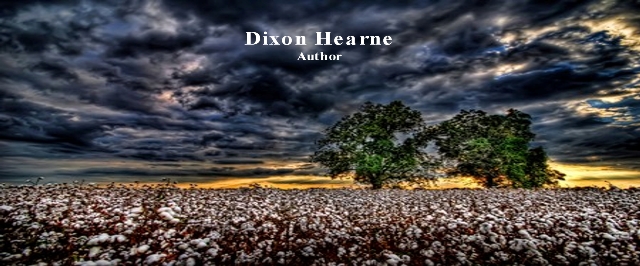
|
|||||
|
Amphorae
Publishing Group proudly
presents Delta Flats: Stories In The Key Of Blues And Hope From the piney hills of northern Louisiana to the raw and decadent streets of New Orleans, Delta Flats: Stories in the Key of Blues and Hope records the daily lives of its characters with a poetic rhythm that evokes the ebb and flow of life itself. Dixon Hearne is a master at capturing the “blue reality” of life, moments―both large and small―that define the hot days and long nights of the deep south. With language as gritty as the blues and as beautiful as a gospel choir, he juxtaposes the downtrodden with the hopeful and the darkness with the light and plays out each story with deft, lyrical descriptions that make the reader want to laugh and sing with joy.
Read Review: Clarion Ledger |
|||||
|
◊▪◊▪◊▪◊▪◊▪◊ From Tickfaw to Shongaloo is a comic Southern tale told in the first person by Raylene, a local gossip in little Stokely, Louisiana. Bert Dilly the postmaster (we learn, has been spreading town gossip like everyone else), fueled by his habit of being a little too involved with the local mail (opened or not). A disgruntled maiden lady writes a scathing letter of complaint, which is reported to the stat postmaster, and Bert’s brother, J.T., accuses Bert of mental incompetence (he wants the family land). Bert is replaced until the charges can be taken up by a federal court in Baton Rouge. Most of the town rallies around Bert, but the hearing devolves into a kangaroo court, turning citizens against each other, egged on by a crooked lawyer who crumbles when the whole matter blows up in his face, through his own arrogance and igorance of certain facts (crazy as they were). After three days of ridiculous testimony and unreliable evidence, the judge must make his landmark decision about Bert, the mail, and gossip in Stokely, Louisiana—where the townsfolk can hardly wait to exchange their own versions of honest truth.
|
|||||
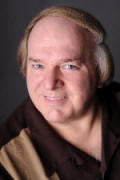
Dixon Hearne
teaches and writes in the American South. Much of his writing
draws greatly from the rich images in his daily life growing up
along the graceful river traces and bayous in West Monroe,
Louisiana. After many years of university teaching and writing
for research journals, his interests turned toward fiction and
poetry—and the challenge of writing in a different voice.
He is the author of several recent books,
including Native Voices,
Native Lands and
Plantatia: High-toned and Lowdown Stories
of the South—nominee
for the Hemingway Foundation/PEN award and winner of the
Creative Spirit Award-Platinum for best general fiction book.
His work has been twice nominated for the Pushcart Prize and has
received numerous other honors. He is editor of several recent
anthologies, including A Quilt of Holidays.
His work can be found widely in
magazines, journals, and anthologies, including
Oxford American, New Orleans
Review, Louisiana Literature,
Big Muddy,
Cream City Review, Wisconsin Review, Post Road,
New Plains Review, Weber-Contemporary West,
Mature Living,
Woodstock Revisited,
The Southern Poetry
Anthology: Louisiana,
and elsewhere. He has a new novella forthcoming from Southeast Missouri State University Press and is currently at work on new short story and poetry collections—as well as a series of interviews with American writers. He is a frequent presenter and an invited speaker at the Louisiana Book Festival and other events.
Contact Dixon Hearne at jdixonhearne@gmail.com
|
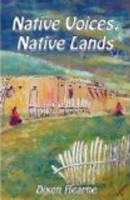 |
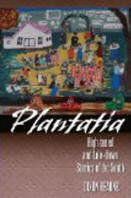 |
|
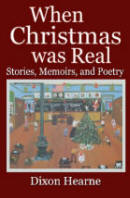 |
|
Interviews: |
|||
| ● Fiction Writers Review | ● The Penmen Review |
| Follow: |
 |
|
|
 |
|
|
| Goodreads | Dixon Hearne's Blog | Wikipedia | "Like" on Facebook | Amazon.com |
